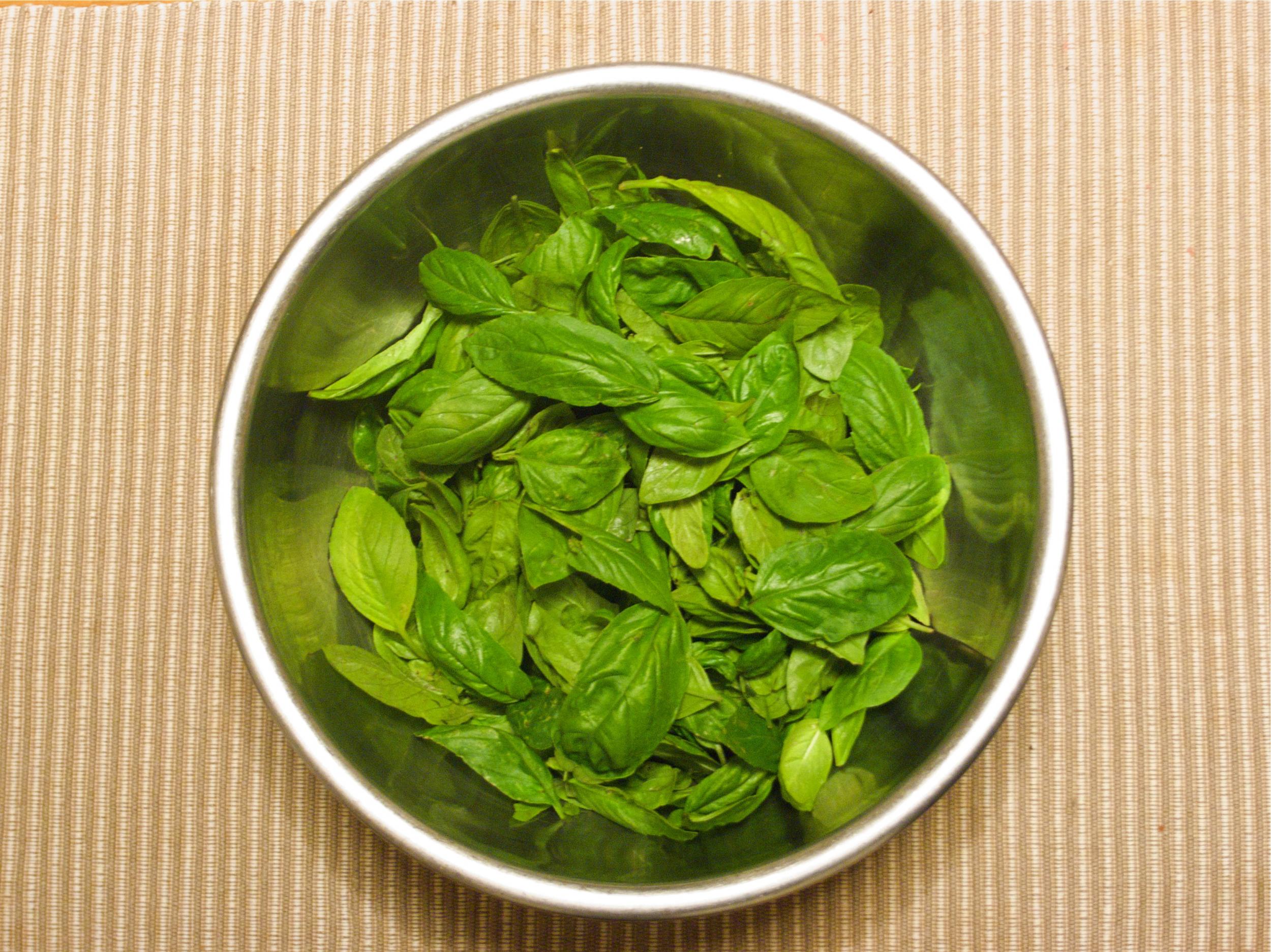E.coli outbreak could be linked to salad leaves, health officials warn
More than 100 people in the UK are known to have caught the E. coli O157 infection since the end of June

Your support helps us to tell the story
From reproductive rights to climate change to Big Tech, The Independent is on the ground when the story is developing. Whether it's investigating the financials of Elon Musk's pro-Trump PAC or producing our latest documentary, 'The A Word', which shines a light on the American women fighting for reproductive rights, we know how important it is to parse out the facts from the messaging.
At such a critical moment in US history, we need reporters on the ground. Your donation allows us to keep sending journalists to speak to both sides of the story.
The Independent is trusted by Americans across the entire political spectrum. And unlike many other quality news outlets, we choose not to lock Americans out of our reporting and analysis with paywalls. We believe quality journalism should be available to everyone, paid for by those who can afford it.
Your support makes all the difference.An outbreak of the bacterial infection E. coli could be caused by salad leaves, public health officials have warned.
There have so far been 102 reported cases of the E. coli O157 virus in England, six in Wales and one in Scotland since the end of June.
Public Health England (PHE) has warned people to make sure they wash all salad leaves before eating and put in place "heightened surveillance" across the country.
The investigations show many of the people affected ate leaves such as rocket before getting sick.
Dr Isabel Oliver, director of PHE’s field epidemiology service, said: "Currently, the source of the outbreak is not confirmed and this remains under investigation.
"However, our preliminary investigations have indicated that several of the affected individuals ate salad items including rocket prior to becoming unwell.
"We urge people to remove any loose soil before storing vegetables and thoroughly wash all vegetables (including salads) that will be eaten raw unless they have been pre-prepared and are specifically labelled ‘ready to eat’.
PHE, working alongside the Food Standards Agency, will provide any further necessary public health advice as investigations continue.
Dr Oliver added: “It’s also vital to wash hands thoroughly using soap and water after using the toilet, before and after handling food and after contact with any animals and pets, including farm animals.
“Small children should also be supervised when washing their hands."
E. coli can cause a range of symptoms, including diarrhoea and abdominal pain.
The bacteria is found in the gut and faeces of many animals, particularly cattle, and can contaminate food and water.
Join our commenting forum
Join thought-provoking conversations, follow other Independent readers and see their replies
Comments